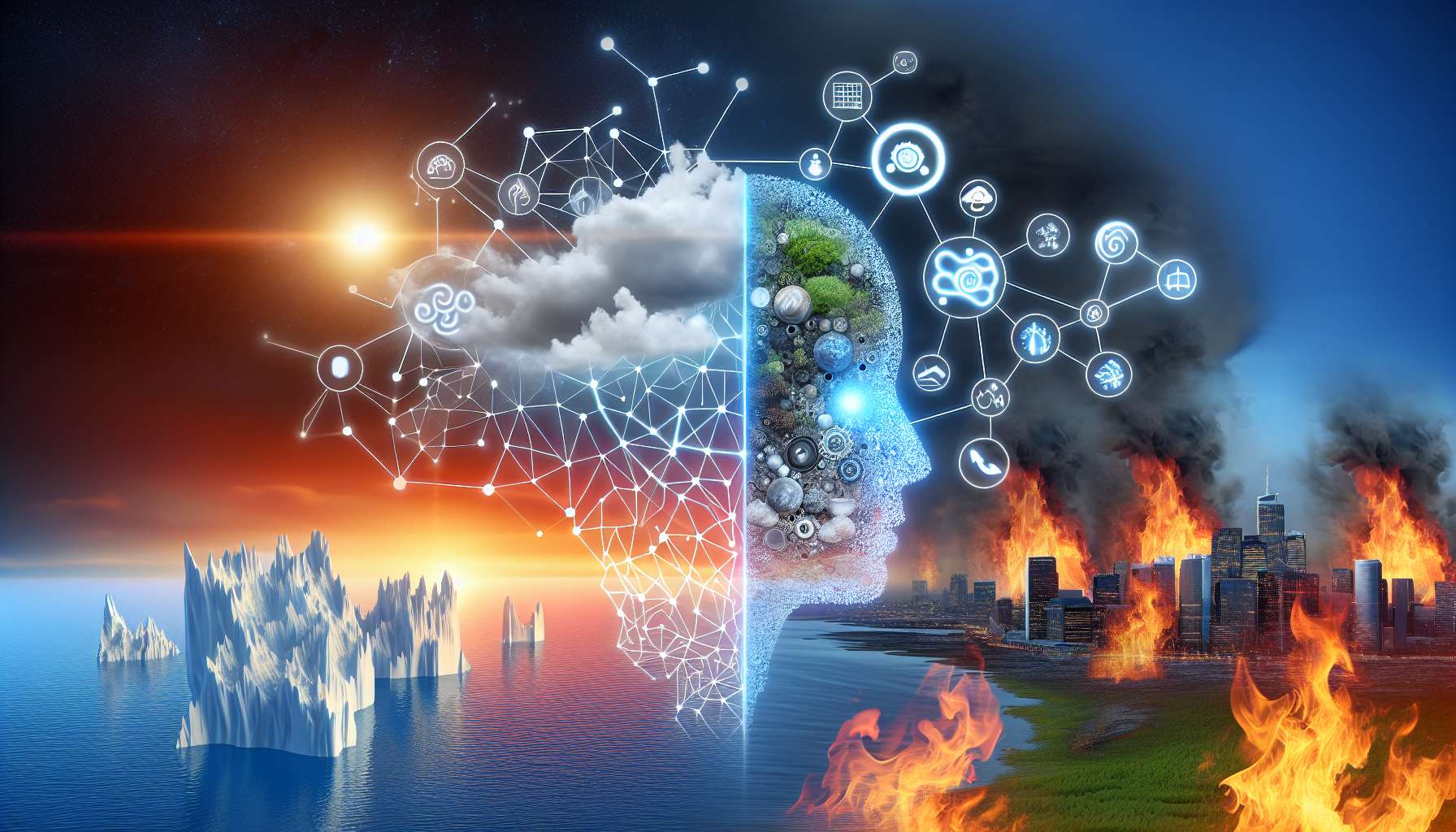Artificial Intelligence (AI) is revolutionizing various industries, and its potential to address environmental challenges, particularly climate change, is gaining traction. With the increasing global concern over the impact of human activities on the environment, AI presents itself as a powerful tool to mitigate these effects and drive sustainable practices.
One of the key areas where AI can make a significant impact is in climate modeling and prediction. By analyzing vast amounts of data from various sources such as satellites, weather stations, and ocean buoys, AI algorithms can help scientists better understand climate patterns and make more accurate predictions about future changes. This can enable policymakers to develop more effective strategies for climate adaptation and mitigation.
AI-powered solutions are also being used to optimize energy consumption and reduce carbon emissions. Smart grids equipped with AI algorithms can dynamically adjust energy production and distribution based on demand, leading to more efficient use of renewable energy sources and reduced reliance on fossil fuels. Additionally, AI-driven systems can help industries and businesses identify opportunities to cut energy waste and improve overall sustainability.
Furthermore, AI is playing a crucial role in monitoring and managing natural resources. For instance, AI-powered drones and satellites can track deforestation, illegal mining, and other activities that contribute to environmental degradation. By analyzing this data in real-time, authorities can take timely action to protect ecosystems and biodiversity.
In the agricultural sector, AI is being used to enhance crop yields while minimizing the use of pesticides and fertilizers. By analyzing soil conditions, weather patterns, and crop health data, AI algorithms can provide farmers with valuable insights to optimize their farming practices and reduce environmental impact.
Overall, the integration of AI technologies in addressing climate change offers a promising pathway towards a more sustainable future. However, it is essential to ensure that these technologies are deployed ethically and responsibly to maximize their benefits while minimizing potential risks. By harnessing the power of AI in conjunction with human expertise, we can work towards a greener and more resilient planet.








